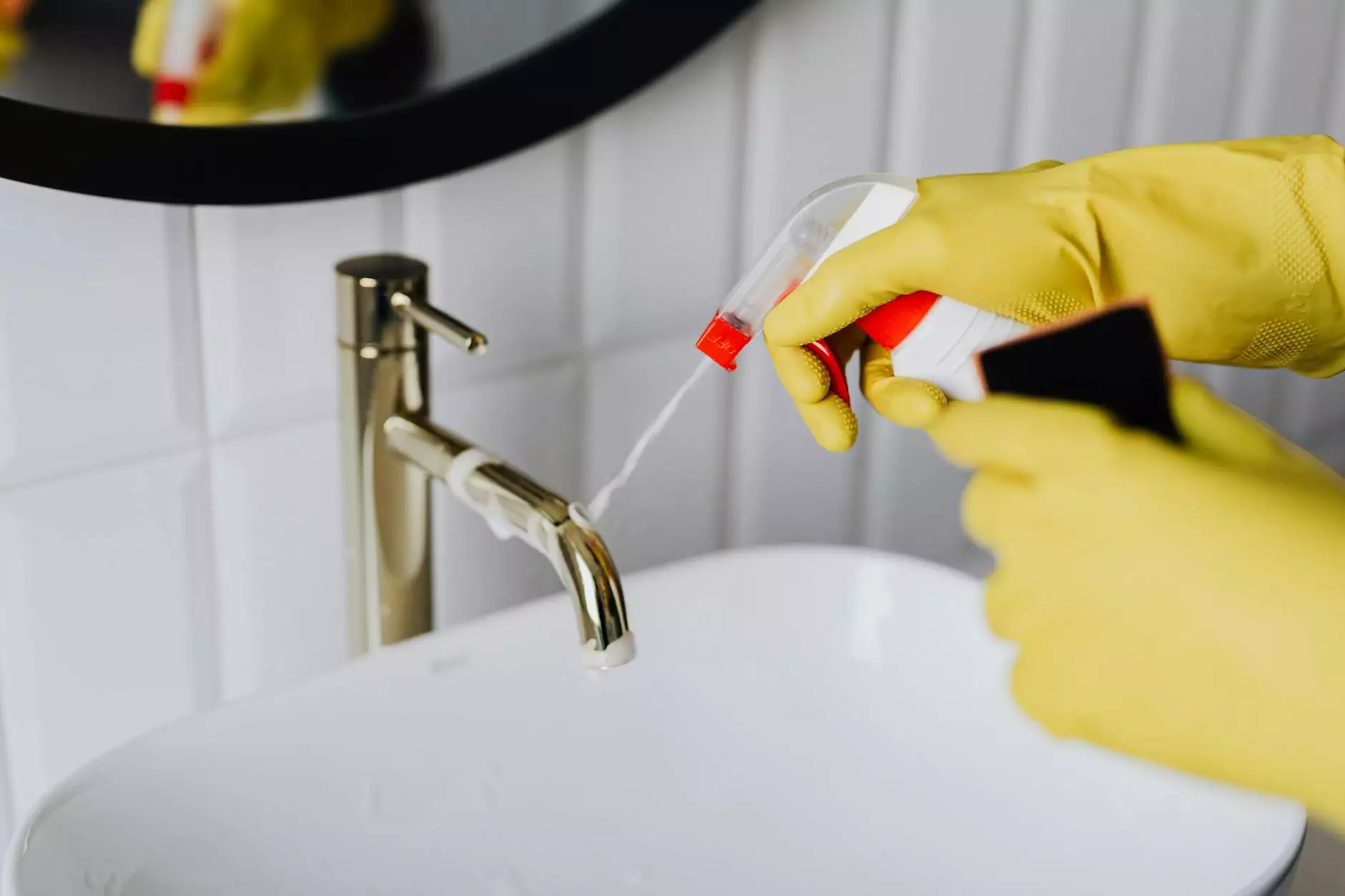Understanding the Chemicals Used in Sugar Production

Sugar production is a crucial aspect of the global food industry, involving a complex interplay of agricultural practices and industrial processes. This article provides a comprehensive overview of the chemicals used in sugar production, focusing on their roles, benefits, and applications. Whether you are a sugar producer, a researcher, or simply someone seeking to understand the intricate processes involved in sugar manufacturing, this guide will serve as a valuable resource.
1. The Sugar Production Process
The sugar production process primarily involves the extraction of sugar from sugarcane or sugar beets. The journey from field to factory includes several stages, each utilizing various chemicals to ensure efficiency and product quality. The two main types of sugars produced are sucrose (table sugar) from sugarcane and sugar beets, and glucose from other sources.
1.1 Cultivation and Harvesting
The initial stage of sugar production begins with the cultivation of sugarcane or sugar beets. While no chemicals are explicitly used in the harvesting stage, this phase heavily relies on agrochemicals such as fertilizers and pesticides, which enhance crop yield and protect against pests.
1.2 Extraction Process
The extraction process is where specialized chemicals come into play. Typically, hot water is used to extract the juice from the crushed cane or beets. Depending on the specific process, additional chemicals like Lime (Calcium Hydroxide) may be added to assist in neutralizing the acidity of the juice.
2. Key Chemicals in Sugar Production
Numerous chemicals are utilized throughout the sugar production process, each playing a vital role in enhancing extraction, purification, and crystallization. Below is a detailed overview of some of the most important chemicals used in this industry.
2.1 Lime (Calcium Hydroxide)
Lime is one of the most crucial chemicals in the sugar production process. It is used to clarify beet and cane juice by precipitating impurities as sludge, thereby enhancing the purity of the sugar produced. This chemical promotes the removal of color, organic substances, and other impurities.
2.2 Phosphoric Acid
Phosphoric acid plays a significant role alongside lime in the clarification process. When combined with lime, it forms calcium phosphate, which helps to settle impurities more rapidly, leading to a clearer juice. This is essential for achieving the desired purity in the final sugar product.
2.3 Sulfur Dioxide
Sulfur dioxide is another important chemical used during the sugar production process. It is commonly employed to bleach sugar and enhance the color quality of the final product. By inhibiting enzyme activity, sulfur dioxide ensures a clear juice free from unwanted colorants, thus improving the overall aesthetic quality of the sugar.
2.4 Activated Carbon
Activated carbon is used during the decolorization stage of sugar production. It adsorbs remaining color impurities and organic compounds, ensuring that the sugar obtained is pure and of high quality. This step significantly enhances consumer acceptance and marketability of the end products.
2.5 Enzymes
Enzymes such as invertase are used in sugar production to convert sucrose into glucose and fructose, which can enhance sweetness and improve solubility. These natural biocatalysts help optimize the sugar extraction processes and improve product yield.
3. The Importance of Water Purification Services
The sugar production process requires large quantities of water, making water quality a critical factor for operational success. Here, water purification services become indispensable for maintaining the quality of water used in various phases of production.
3.1 Ensuring Quality Water for Sugar Production
Clean water is essential for several stages, including extraction, dilution, and cleansing of final products. Contaminated water can introduce impurities, affecting both the quality and safety of sugar. Water purification services ensure that the water used in sugar production is free from harmful microorganisms and industrial contaminants.
3.2 Types of Water Treatment Technologies
Water purification involves several technologies, such as:
- Filtration: Removal of sediments and particulate matter.
- Reverse Osmosis: A process that removes impurities and pathogens from water.
- Ultraviolet (UV) Treatment: Destroys bacteria and viruses without chemicals.
- Ion Exchange: Removes undesirable ions and replaces them with more acceptable ions.
4. Sustainability in Sugar Production
With growing concerns over environmental impact and sustainability, the sugar industry is undergoing a transformation. Companies are now focusing on reducing chemical use and waste while improving the efficiency of operations. This involves adopting innovative practices in both the field and processing plants to minimize the environmental footprint of sugar production.
4.1 Sustainable Practices
Sustainable practices in sugar production include:
- Integrated Pest Management (IPM): Reducing pesticide quantities by using biological control methods.
- Chemicals Recycling: Implementing processes to recover and reuse chemicals like lime and activated carbon.
- Water Management: Improving water use efficiency through recycling and purification technologies.
- Biomass Energy Production: Using plant by-products for energy, reducing reliance on fossil fuels.
5. Conclusion
In conclusion, the chemicals used in sugar production play a pivotal role in refining the process, ensuring product quality, and enhancing operational efficiency. The integration of water purification services further complements the production process, safeguarding the quality of water used in the industry. As the industry progresses toward sustainability, embracing innovative and eco-friendly practices will be essential for future growth and stability. By understanding and optimizing these elements, producers can ensure that they thrive in an increasingly competitive market.
chemicals used in sugar production








